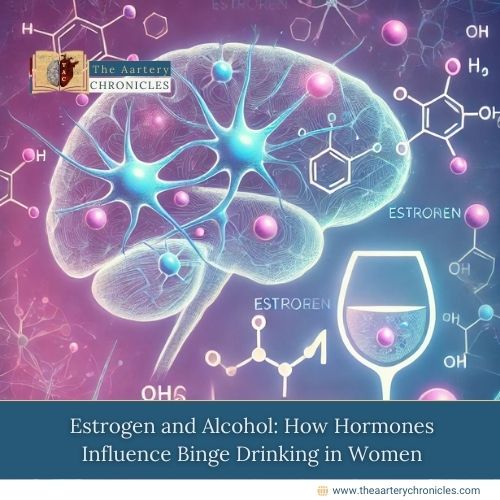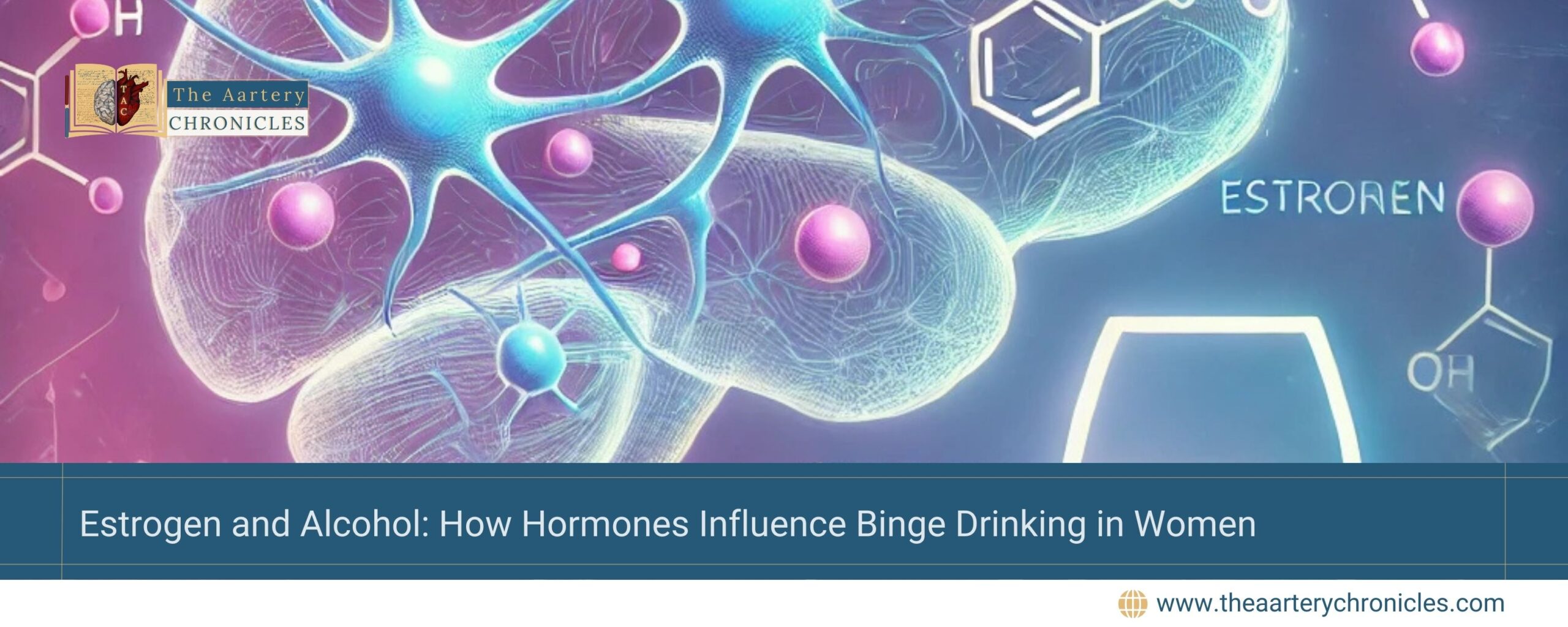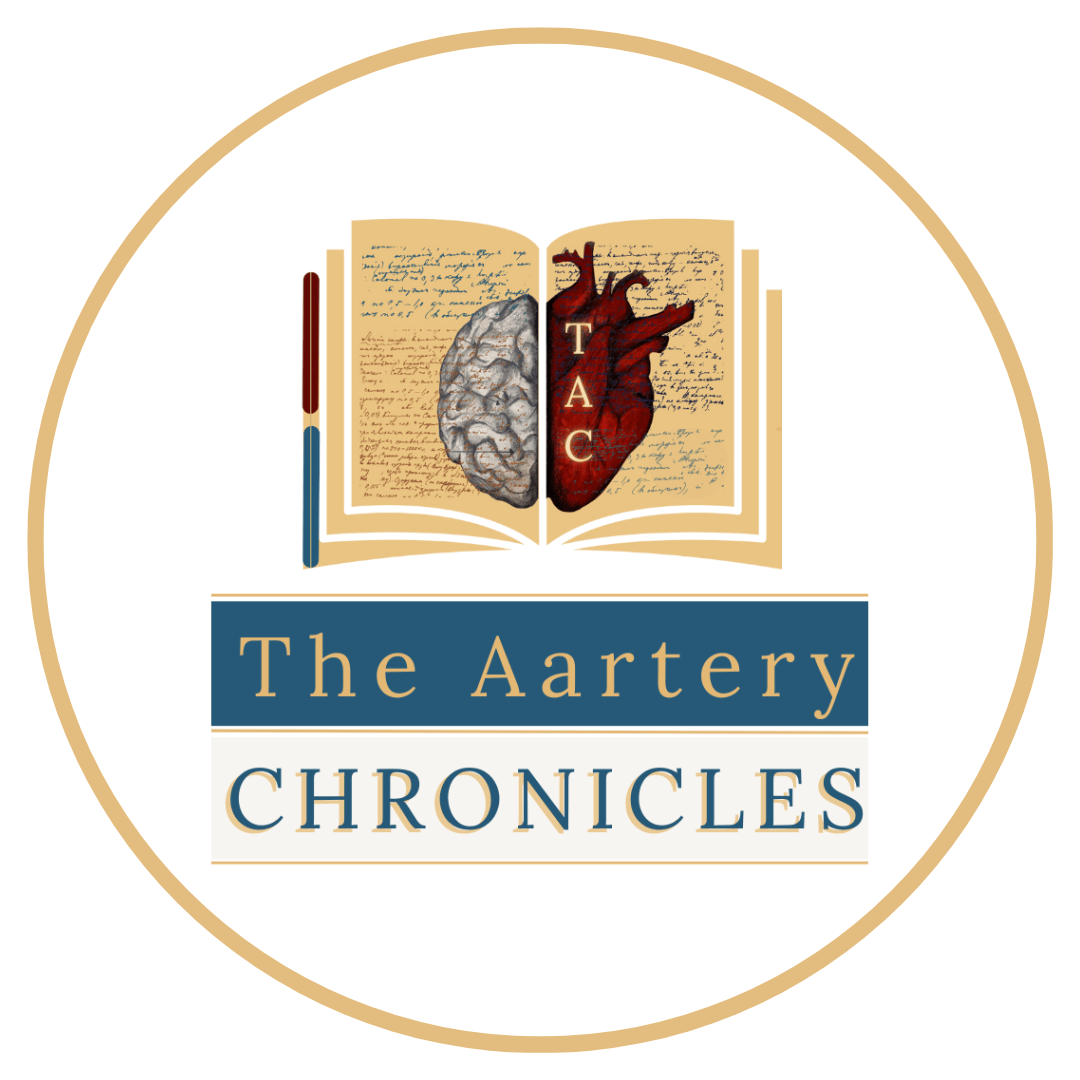

Role of Estrogen in binge Drinking: New Insights for Alcohol Use Disorder
A groundbreaking study from Weill Cornell Medicine reveals that the hormone estrogen plays a significant role in binge drinking behaviour among females. The research, published in Nature Communications, highlights how estrogen drives women to “pregame” or consume large quantities of alcohol quickly, particularly during high estrogen phases.
Why Women May Drink Differently
Historically, alcohol studies have primarily focused on men, leaving a gap in understanding female drinking behaviours. According to Dr. Kristen Pleil, the study’s senior author, women are not only prone to overindulgence but are also more vulnerable to alcohol’s harmful effects.
During the pandemic, women reportedly increased their heavy drinking more than men, resulting in a surge of alcohol-related hospital visits and complications. This trend highlights the importance of understanding the factors driving alcohol use in women
The Role of Estrogen in Binge Drinking
The study found that estrogen levels directly influence alcohol consumption in females. Here’s how:
- Peak Estrogen, Peak Drinking: Researchers observed that female mice consumed significantly more alcohol during the high-estrogen phases of their estrous cycle.
- Neural Excitement: A brain region called the bed nucleus of the stria terminalis (BNST) showed heightened activity during these phases, prompting increased alcohol intake, especially within the first 30 minutes—what researchers call “front-loading.”
A Surprising Mechanism: Estrogen’s Rapid Action
Unlike its typical slow-acting role in gene regulation, estrogen in this study acted quickly by binding to receptors on the surface of neurons. This rapid mechanism directly boosted neural activity and binge drinking behavior.
- Surface Receptors at Work: Researchers discovered that estrogen binds to cell-surface receptors in the BNST, enhancing cell communication almost instantly.
- Front-Loading Explained: This fast action drives the immediate and excessive alcohol consumption seen during high-estrogen states.
Implications for Treatment
The findings open doors to targeted treatments for alcohol use disorder.
- Hormone Inhibitors: Drugs that block estrogen synthesis, currently used for estrogen-sensitive cancers, could help reduce binge drinking during high-hormone phases.
- Targeting Neural Circuits: Combining these inhibitors with drugs that modulate BNST activity could offer a novel, precise approach to managing alcohol use disorder.
What About Men?
Interestingly, the same neural circuits and estrogen receptors exist in males. However, their estrogen source comes from the conversion of testosterone in the brain. Future research will explore whether similar mechanisms influence male drinking behaviours.
Key Takeaway
This study sheds light on the powerful influence of hormones on alcohol consumption, particularly in women. Understanding estrogen’s role could pave the way for innovative treatments, offering hope for those struggling with alcohol use disorder.
Input from various media sources.









